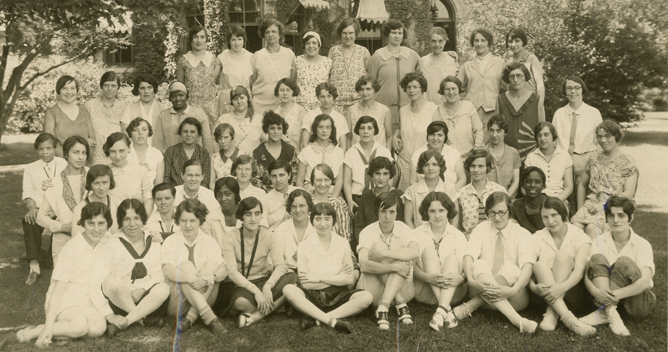Korean Women In Between Digitalized and Real Worlds
Speaker Bio
SeoKyung Han is a PhD candidate in Philosophy, Interpretation, and Culture at Binghamton University (SUNY), in the USA. Her dissertation explores the book culture of premodern Korea, especially the ramifications of the countrywide circulation of the political and religious authority-published didactic books primarily targeted the common people. Central to her research is the femininity that the (Neo-)Confucian and Buddhist didactic books of premodern Korea rendered in textual and pictorial languages, as well as the impact that the books had on differentiating, hierarchizing, and locating women's roles and social status specifically during the Chosŏn Korea (1392-1910).
Abstract
This project attempts to figure out the roles that the digitalization of the source materials of the historical time periods has played in the development of the studies of the women's history in the Korean academia. It will map out what kinds of the digitalization projects have dealt with the women-related source materials, what source materials have been included into and excluded from the projects, and how the selected sources have been adopted and adapted in the process of the audio-visual digitalization similarly to and different from the extant textual sources. The project will mainly discuss the significance of the criteria that the Korean academia has selected, represented, and applied the historical sources in the digitalization projects, by focusing on the ways in which the considered criteria contest and compromise the current or conventional understanding of the life and social status of the Korean women and the women in general.
Korean Women In Between Digitalized and Real Worlds
This project attempts to figure out the roles that the digitalization of the source materials of the historical time periods has played in the development of the studies of the women's history in the Korean academia. It will map out what kinds of the digitalization projects have dealt with the women-related source materials, what source materials have been included into and excluded from the projects, and how the selected sources have been adopted and adapted in the process of the audio-visual digitalization similarly to and different from the extant textual sources. The project will mainly discuss the significance of the criteria that the Korean academia has selected, represented, and applied the historical sources in the digitalization projects, by focusing on the ways in which the considered criteria contest and compromise the current or conventional understanding of the life and social status of the Korean women and the women in general.
